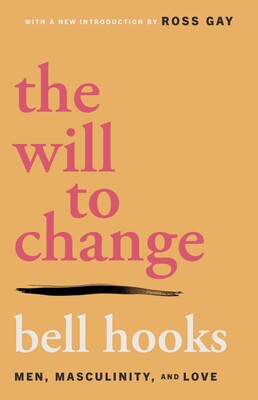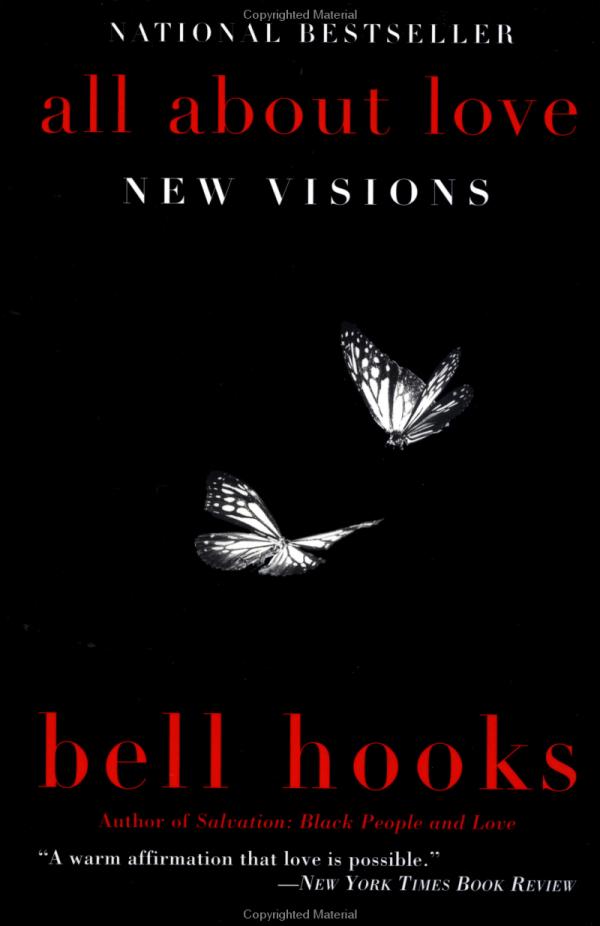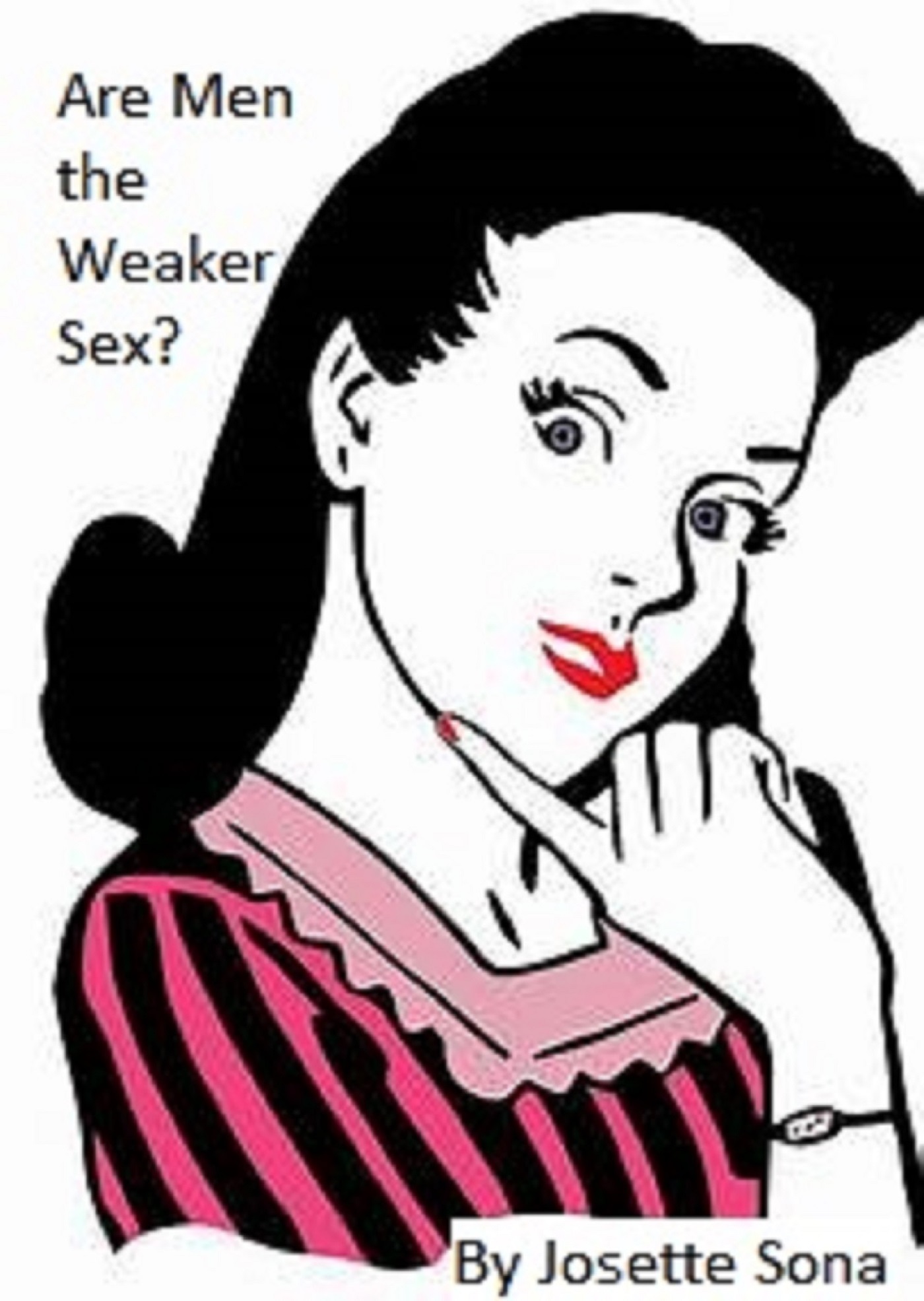
The Will to Change: Men, Masculinity, and Love
Book Description
What if men could embrace vulnerability without fear? In "The Will to Change: Men, Masculinity, and Love," bell hooks shatters the boundaries of toxic masculinity, inviting a transformative dialogue on the intertwined themes of love, power, and emotional truth. This powerful exploration unearths the societal norms that bind men, challenging cultural expectations and urging a reevaluation of love's profound impact on identity. Raw, enlightening, and uncompromising, this book is a call to action for empathy and connection. Are you ready to redefine what it means to be a man in a world desperate for change?
Quick Book Summary
In "The Will to Change," bell hooks presents a bold critique of the ways patriarchy and cultural norms around masculinity harm both men and those around them. She argues that men are taught to reject vulnerability and suppress emotional expression, which inhibits true intimacy and love. Through an intersectional lens, hooks explores how these patterns are perpetuated in families, relationships, and society, and how men’s emotional repression is both a product and a tool of patriarchal power. At its core, the book is a passionate call for men to embrace self-awareness, empathy, and the courage to love deeply. hooks provides pathways for men—and those who love them—to disrupt damaging cycles and foster environments where authenticity and connection can flourish.
Summary of Key Ideas
Table of Contents
How Patriarchy Shapes Masculinity
bell hooks begins by examining the ways patriarchal culture has defined masculinity as dominance, emotional withdrawal, and power over others. She asserts that from an early age, boys receive clear messages—both direct and subtle—that vulnerability is synonymous with weakness. This conditioning leads men to silence their feelings and strive for a version of strength that ultimately distances them from meaningful human connection. hooks emphasizes that dismantling these norms is not just about liberation for women, but crucially about freeing men from damaging expectations.
The Emotional Cost of Male Socialization
The next part of hooks’s analysis explores the deep psychological harm men suffer under patriarchy. Suppressing emotions creates isolation, internal conflict, and often violence—directed both outwards and inwards. hooks highlights the paradox of how men, though often in positions of social power, are deprived of emotional fulfillment and self-knowledge. She illustrates how the refusal to acknowledge pain or need isolates men from supportive relationships, perpetuating cycles of loneliness and aggression. Ultimately, patriarchy fails everyone, robbing society as a whole of its capacity for compassion and intimacy.
Barriers to Love and Intimacy for Men
A central theme of the book is the barrier that these masculine ideals pose to love and intimacy. hooks discusses how men are taught to mask their true emotions, relying on control and dominance instead of honesty or affection. This hinders authentic relationships and often results in dysfunction within families and partnerships. She provides case studies, personal anecdotes, and cultural analysis to show how love is often misunderstood as possession or duty, rather than as a practice rooted in openness and mutual respect. True love, she argues, can only thrive in an environment where vulnerability is not punished, but celebrated.
Embracing Vulnerability as Transformation
hooks then presents vulnerability as the transformative force necessary for men to reclaim their full humanity. She urges men to practice self-awareness, empathy, and emotional literacy. The journey toward change, while difficult, is framed as both necessary and liberating. hooks calls on communities—families, educators, partners—to foster new norms of masculinity that allow tenderness and mutual recognition. She advocates for men and women alike to engage in honest dialogue about needs and fears, forging pathways to healing.
Creating a New Vision for Masculinity
The book concludes with a vision for a new masculinity that values connection over domination and emotional bravery over stoic silence. hooks insists that change is possible if individuals and communities are willing to challenge ingrained beliefs and actively cultivate love. She offers practical advice, hope, and a fierce reminder that reimagining manhood is essential for creating a more just and loving world. Ultimately, "The Will to Change" is a guide for transformation, showing that when men embrace vulnerability, they can lead lives rich with meaning, relationship, and love.
Download This Summary
Get a free PDF of this summary instantly — no email required.





